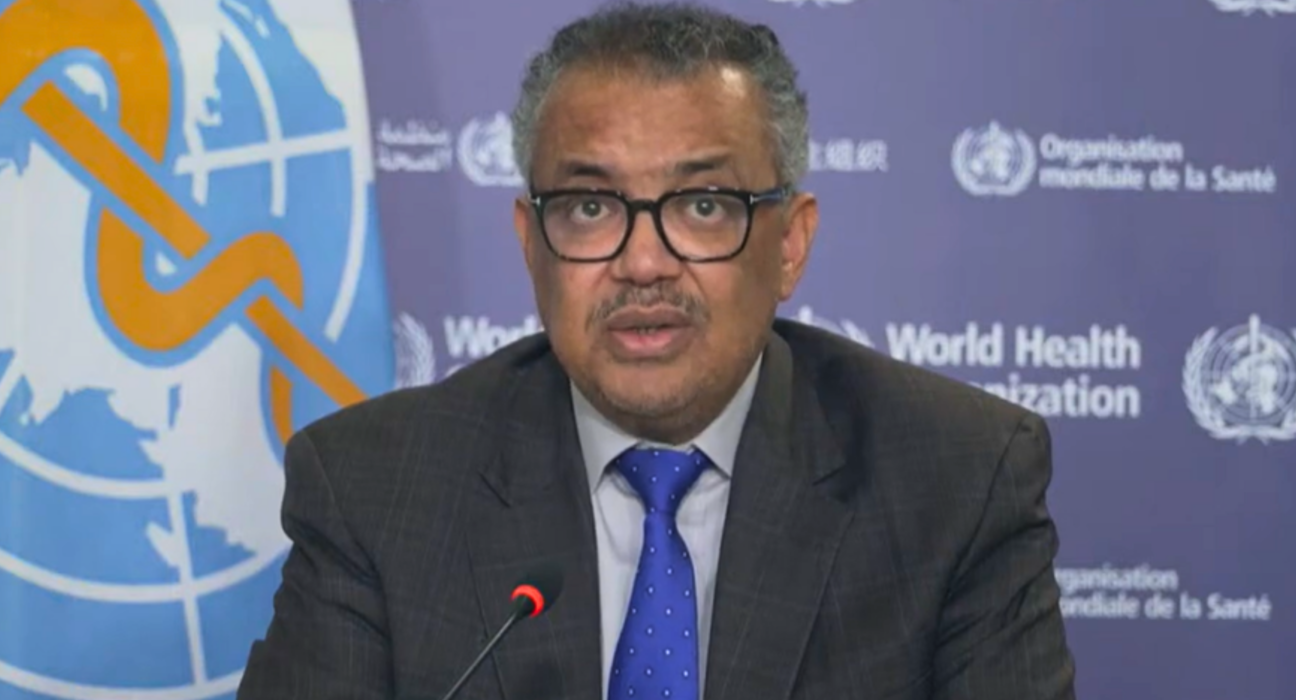New cases of syphilis among adults aged 15 to 49 are on the rise in the Americas, according to a recent report from the World Health Organization (WHO).
The alarming trend was highlighted by WHO Director-General Dr. Tedros Ghebreyesus in a statement addressing the global increase in sexually transmitted infections (STIs).
Syphilis, a bacterial infection, initially presents as a painless sore on the genitals, rectum, or mouth.
It spreads through direct contact with these sores during sexual activity. Dr. Ghebreyesus emphasized the significant rise in syphilis cases in the Americas and the African Region.
“New syphilis cases among adults aged 15-49 years increased by nearly 1 million in 2022, reaching 8 million. There were also 230,000 syphilis-related deaths,” Dr. Ghebreyesus reported.
In addition to syphilis, the WHO noted an increase in cases of multi-resistant gonorrhoea.
The organization’s updated treatment recommendations aim to curb the spread of this resistant strain.
Enhanced antimicrobial resistance surveillance in 87 countries revealed that nine countries reported elevated resistance levels to the last line of treatment for gonorrhoea.
“As of 2023, out of 87 countries where enhanced gonorrhoea antimicrobial resistance surveillance was conducted, nine countries reported elevated levels of resistance to the last line of treatment for gonorrhoea,” Dr. Ghebreyesus explained.
The upcoming World Health Assembly, scheduled from May 27 to June 1, 2024, will address these pressing health issues.
This year’s assembly is set to be one of the most significant in the WHO’s 76-year history, with discussions focusing on strengthening the global pandemic response and preparedness framework.

